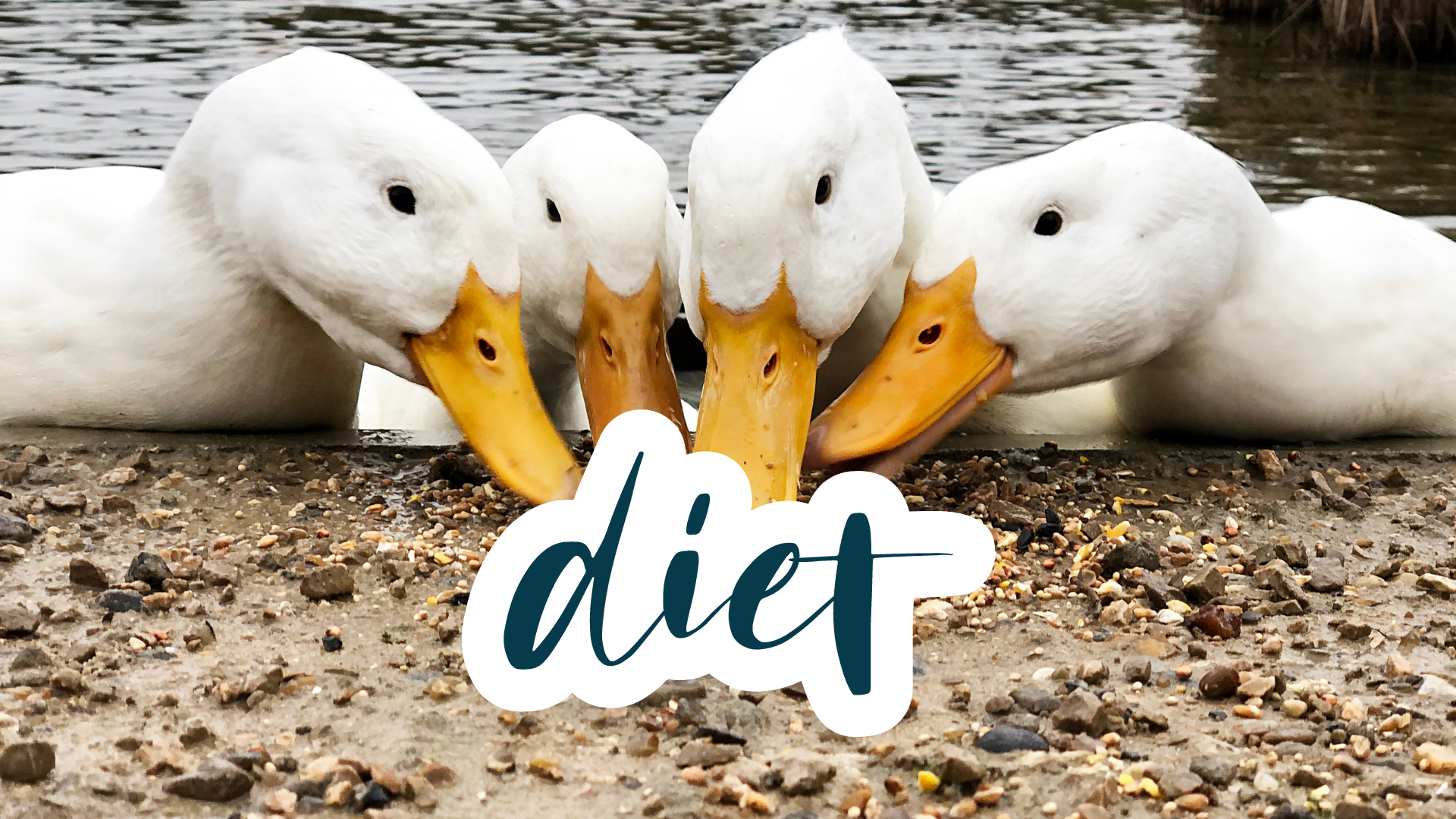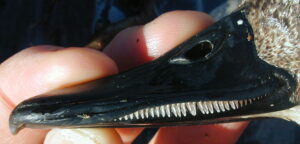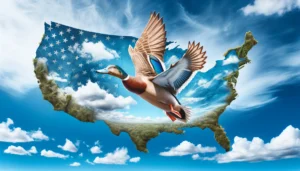Ducks are fascinating creatures that inhabit various habitats worldwide. What ducks eat is crucial for their overall health and well-being.
Ready to “qauck” into the world of duck nutrition?
In this comprehensive guide, we will explore the dietary needs of ducks, their natural diet, suitable supplementary foods, responsible feeding practices, and more.
Dietary Needs of Ducks
Ducks, as omnivorous creatures, have unique dietary needs to support their growth, reproduction, and overall health. Understanding these needs is crucial for providing them with the right nutrition.
Ducks are opportunistic feeders, adapting their diet based on the available food sources in their environment. Their natural feeding behaviors include grazing, dabbling, and diving. Grazing involves foraging on land, consuming various grasses and plants. Dabbling is the process of upending in shallow water to feed on aquatic vegetation, insects, and small invertebrates. Diving ducks, on the other hand, have evolved to dive underwater to catch fish, crayfish, and other aquatic organisms.
What nutrients do ducks need?
To support their energy needs, ducks require a combination of carbohydrates, proteins, fats, vitamins, and minerals. Carbohydrates provide the primary source of energy, obtained through consuming seeds, grains, and plant matter. Proteins are essential for muscle development, egg production, and overall growth. Ducks acquire proteins from insects, small aquatic organisms, and occasionally, small fish. Fats are vital for energy storage and insulation, particularly during colder seasons.
Vitamins and minerals play a crucial role in maintaining overall health and proper bodily functions. Ducks acquire these nutrients through their varied diet, including the consumption of plants, seeds, insects, and small aquatic organisms. Vitamins like vitamin A, D, E, and B complex, as well as minerals such as calcium and phosphorus, are essential for healthy bone structure, feather development, and overall vitality.
For those what have ducks as pets, pre-packaged duck food will almost always have these based covered. Double-check the nutrition info on the label to confirm.
Why do ducks eat this food?
Ducks also have specialized digestive systems that allow them to extract maximum nutrition from their food. Their bills contain lamellae, which act as filters, enabling them to sieve small organisms, seeds, and other edible particles from water or mud.
And did you know that ducks have teeth?!
Providing ducks with a diverse and nutritious diet that mimics their natural feeding behaviors is crucial for their overall health and well-being. By understanding their dietary needs, we can ensure that they receive the essential nutrients necessary for their survival and thriving.
Natural Diet of Ducks
In their natural habitats, ducks have access to a wide array of foods that contribute to their overall nutrition. Understanding the natural diet of ducks is essential for providing them with suitable alternatives in captivity or when supplemental feeding is necessary. Let’s explore the various components of a duck’s natural diet.
Plant-Based Foods:
Ducks are known to consume a variety of plant-based foods, which form a significant portion of their natural diet. This includes seeds, grains, aquatic plants, and grasses. Ducks are particularly fond of consuming seeds and grains found in wetland areas and grasslands. They forage on the ground, plucking seeds and grains from plants such as sedges, smartweeds, millets, and grasses. Aquatic plants like pondweeds, duckweeds, and water lilies are also important food sources for ducks, especially for species that engage in dabbling.
Insects and Invertebrates:
Ducks are opportunistic feeders when it comes to insects and invertebrates. They have a keen eye for locating and consuming a variety of small creatures found in their environment. Insects like beetles, dragonflies, mayflies, and caddisflies are often on the menu for ducks. They also feed on larvae, worms, snails, and other small aquatic organisms found in and around water bodies. Ducks will often forage in shallow water or muddy areas, using their bills to probe and capture these protein-rich morsels.
Fish and Small Aquatic Organisms:
Some duck species, particularly diving ducks, have evolved to incorporate fish and other small aquatic organisms into their diet. These ducks have specialized adaptations that allow them to dive underwater in search of prey. They may feed on small fish, crayfish, tadpoles, aquatic insects, and other marine invertebrates. Diving ducks have streamlined bodies, webbed feet, and specialized bills that aid in capturing and consuming their underwater prey.
Grazing on Land:
In addition to their water-based diet, ducks also engage in grazing on land. They have a preference for grazing on grasses, plants, and agricultural crops when available. In agricultural areas, ducks may feed on grains like wheat, barley, and corn, which can sometimes lead to conflicts with farmers. Understanding their grazing habits can help implement effective management strategies to mitigate potential crop damage.
It’s important to note that the natural diet of ducks can vary depending on their species, geographic location, and available food sources. Ducks are adaptable foragers – this means they utilizing different food resources based on their surroundings and seasonal changes. By providing a varied and balanced diet that incorporates the components of their natural diet, we can help ensure their nutritional needs are met.
When considering supplemental feeding or providing food for ducks in captivity, it’s essential to mimic their natural diet as closely as possible. This can involve offering a mix of suitable grains, seeds, leafy greens, and small insects. Avoiding processed or unhealthy food items is crucial for their well-being.


